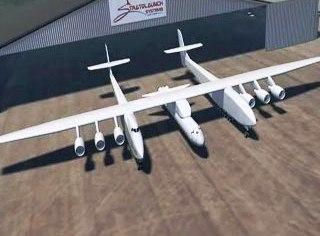
An artistic representation of the future airplane.
WASHINGTON (AFP): A giant airplane that can in mid-flight launch a rocket carrying cargo and humans into orbit is the future of space travel, billionaire philanthropist and Microsoft co-founder Paul Allen said.
The first test flight of the ambitious venture by Allen's new company Stratolaunch Systems is not scheduled until 2015, but partners in the project vowed it would revolutionise orbital travel in the post-space shuttle era.
Using engines from six Boeing 747 jets, the biggest airliner ever built would tote a rocket made by SpaceX and be able to launch payloads, satellites, and some day, humans, into low-Earth orbit, said Allen, 58.
While he declined to say how much he was investing, Allen said it would be more than he spent on SpaceShipOne, which in 2004 was the first commercial craft to complete a suborbital flight and reportedly cost about USD 25 million to develop.
"For the first time since John Glenn, America cannot fly its own astronauts into space," Allen told reporters, referring to the US space shuttle's retirement this year and the first American to orbit the Earth aboard Mercury 7 in 1962.
"Today we stand at the dawn of a radical change in the space launch industry," Allen said, vowing greater flexibility than ground-based rocket launches and better cost effectiveness for cargo and manned missions to space.
"It will keep America at the forefront of space exploration and give tomorrow's children something to search for in the night sky and dream about."
Designs for the massive jet with a wingspan greater than a football field, collaboration with aerospace pioneer Burt Rutan who designed SpaceShipOne, are at an advanced stage and a hangar is under construction in the Mojave Desert.
"It is relatively close to building, as soon as we can get a building big enough," said Rutan.
Talks are under way about potential take-off points, since the plane would need a 3,650 metre runway, available at larger airports and air force bases.
The aircraft would "use six 747 engines, have a gross weight of more than 1.2 million pounds (544,000 kilograms) and a wingspan of more than 117 metres," press materials said.
The plane would take off and while in flight, deploy the rocket and send cargo into low-Earth orbit. The first test flight could take place in 2015, and the first launch could happen by 2016.
Allen and Rutan's project, SpaceShipOne, was followed by Virgin Galactic's commercial suborbital SpaceShipTwo Programme.
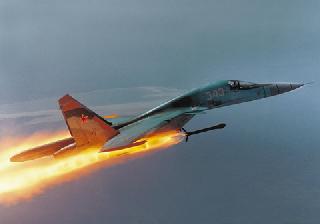 Previous Article
Previous Article Next Article
Next Article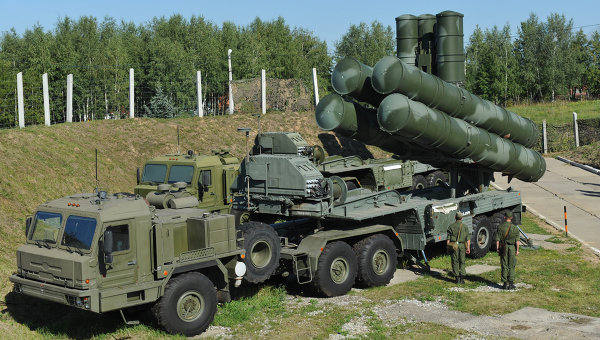

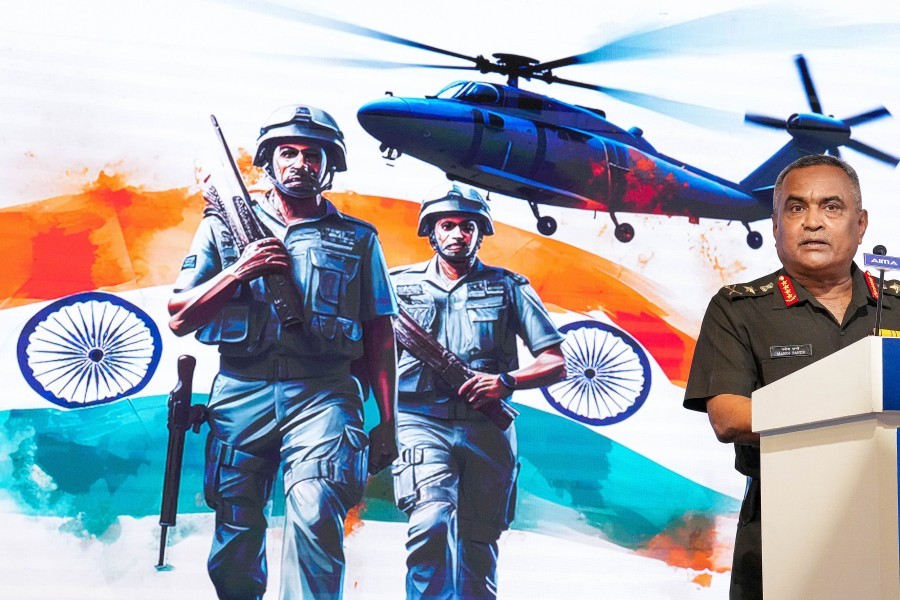



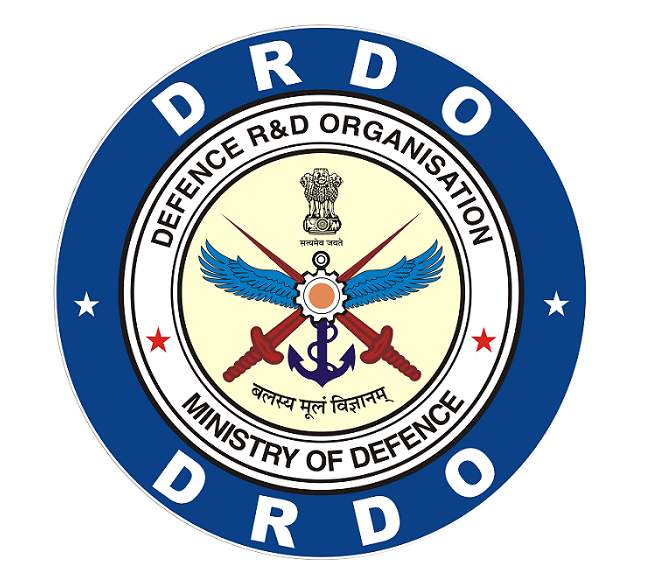

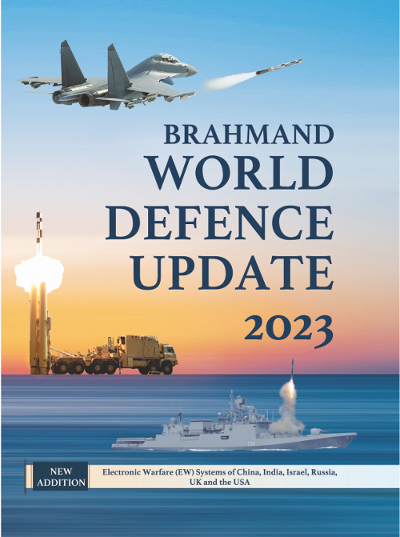




The Indian Air Force, in its flight trials evaluation report submitted before the Defence Ministry l..
view articleAn insight into the Medium Multi-Role Combat Aircraft competition...
view articleSky enthusiasts can now spot the International Space Station (ISS) commanded by Indian-American astr..
view article